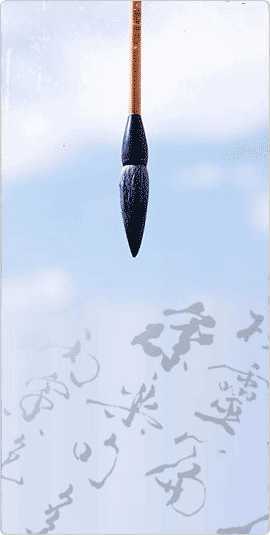Newsletter

General Chinese (Beginner)
The Story behind “Chopsticks”

Chinese culture lessons--Using chopsticks—the Chinese way
Key Learning Points (Preview):
礼物 (lǐwù): n. present ![]()
送 (sòng): v. to give (present) ![]()
双 (shuāng): measure word pair ![]()
Can you use chopsticks? You may think it’s easy to use chopsticks to eat a meal. However, do you know how to give them as a present?
In Chinese culture, apart from being used to eat meals, chopsticks can also be given as a blessing or present.
As a gift “筷子 (kuàizi)” represent “快乐 (kuàilè) happiness” in Chinese culture. During a festival or birthday, Chinese people like to give pairs of chopsticks to friends or relatives; it means that they are giving them “happiness.”
Besides friends and relatives, Chinese people also send pairs of chopsticks to their business partners. Since chopsticks should be used in pairs, in Chinese culture, it stands for close “合作 (hézuò) cooperation” between two parties in business. However, do remember not to give silver chopsticks to your partners. If you do, they will think you distrust them.
We more frequently give chopsticks as a present for weddings or to lovers. Parents, relatives and friends express the hope that the newly married couple will “永不分离 (yŏng bù fēnlí) never part from each other” by sending them a pair of chopsticks. Furthermore, they expect the newly-married couple to “快快生子(kuàikuài shēng zǐ) give birth to a baby as soon as possible.” Chopsticks are also a good choice as a token of love between lovers. A pair of chopsticks represents the wish of “成双成对 (chéngshuāng chéngduì) living as a couple forever” in Chinese culture.
With the rapid development of Chinese society, there have also been changes in attitudes towards many traditions. Although the tradition of gifting chopsticks is not as popular as it once was, it is still very much alive and practiced by many people, especially the tradition of preparing chopsticks for newly-married couples at wedding ceremonies.
Key Learning Points:
礼物 (lǐwù): n. present ![]()
Example:
Qīxī Qíngrénjié nǐ shōudào lǐwù le ma?
七夕 情人节 你 收到 礼物了 吗? ![]()
Did you get a present on Chinese Valentine’s Day?
送 (sòng): v. to give (present) ![]()
Example:
Zhōngqiū Jié nǐ dăsuàn sòng fùmǔ shénme lǐwù
中秋 节 你 打算 送 父母 什么 礼物? ![]()
What presents are you planning to give to your parents for Mid-Autumn Festival?
双 (shuāng): measure word pair ![]()
Example:
Zuótiān wŏ măi le yì shuāng xīn xié.
昨天 我 买 了一 双 新 鞋。 ![]()
I bought a new pair of shoes yesterday.



